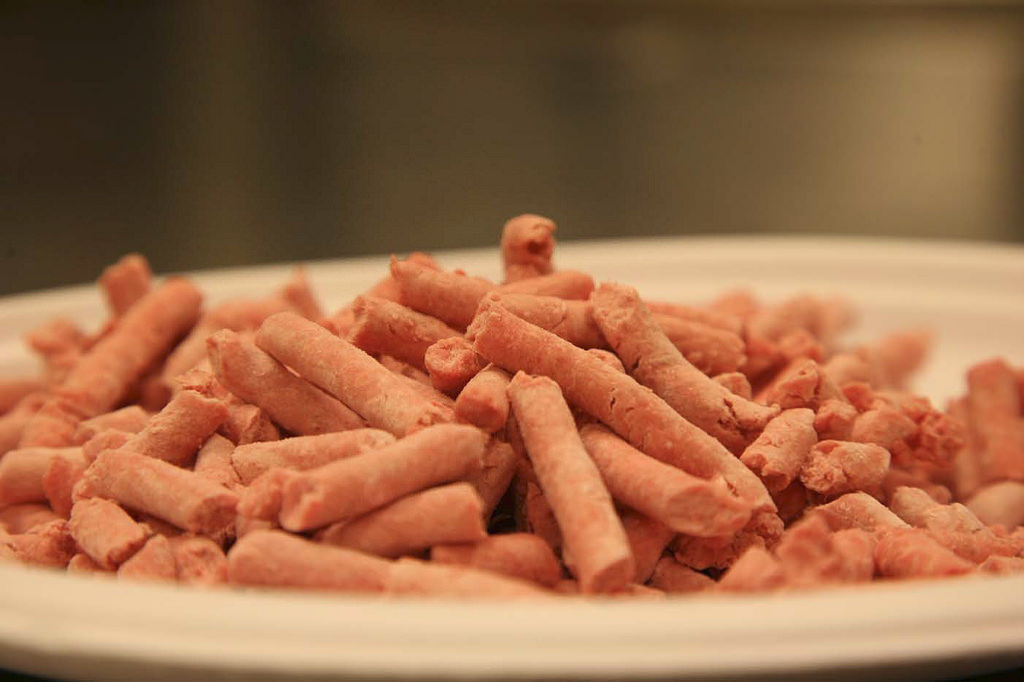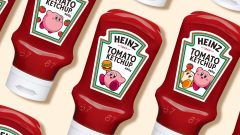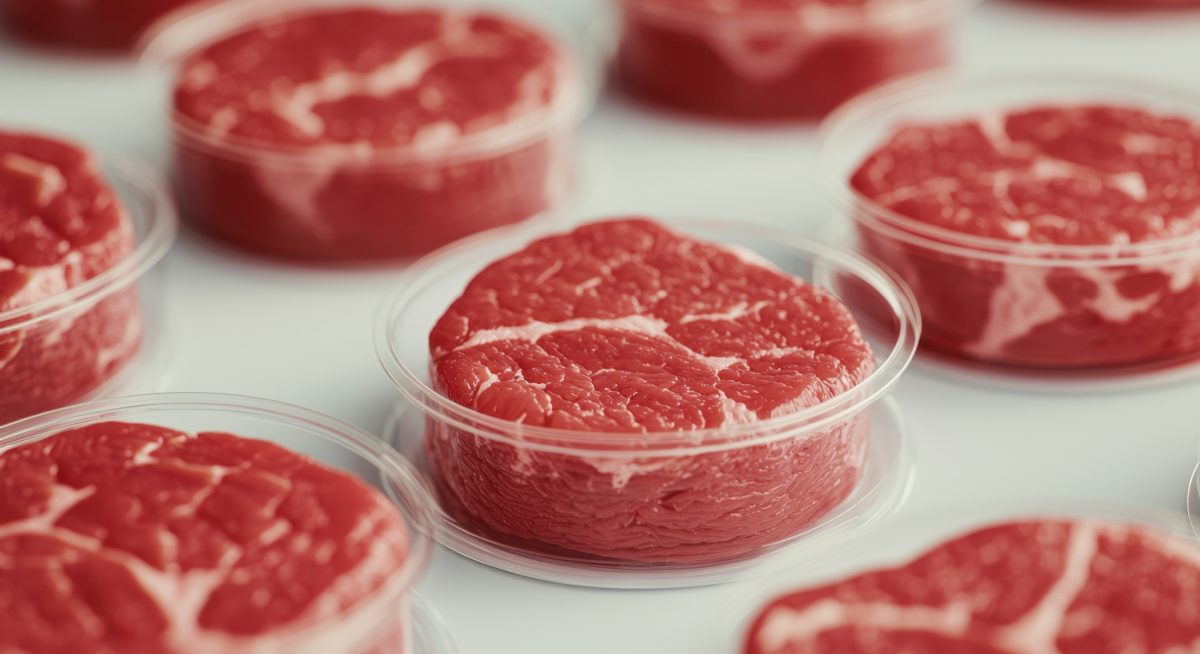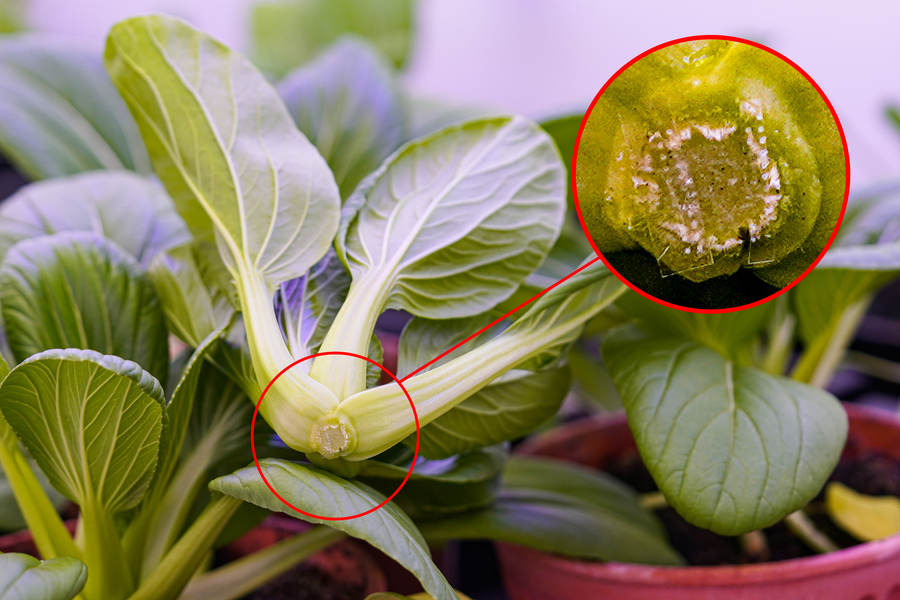Here’s Why ABC News Should Win The Massive Controversial ‘Pink Slime’ Lawsuit

Photo by BeefProductsInc on Flickr.
For the next two months, the food world’s attention is going to primarily be focused on the trial involving a major lawsuit between ABC News and Beef Products Inc. In the suit, Beef Products is looking for at least $1.9 billion in defamatory damages based on a report and investigation that ABC News conducted back in 2012 on the infamous beef product known as “pink slime.”
ABC looked into exactly how “pink slime” is made and it’s widespread usage in ground beef. For those of you that don’t know, “pink slime” is a beef byproduct legally known as “lean finely textured beef” made by separating meat from fat in the trimmings (or leftover cut-off parts) of beef. The meat is then treated with food-grade, safe levels of ammonia to prevent microbial contamination before being packaged, frozen, and distributed to grocery stores and vendors to mix into ground beef. The result is a safe and low-cost lean beef product that was used to make ground beef products healthier and more affordable.
ABC then published a report in which a USDA whistleblower called “pink slime” an “economic fraud” and scientists claimed that it should not be labeled as “real beef.” Beef Products Inc. compared those claims to a “disinformation campaign” and a “reckless disregard” for the truth in their lawsuit. Beef Products feels that ABC caused them to suffer “significant financial harm” as a result of their “wrongful conduct” regarding their reporting of “pink slime,” which is why they went after ABC with this major lawsuit.
While ABC’s reports and investigations did heavily ruin the reputation of “pink slime,” they should not be held at fault for the monetary damages lost. ABC didn’t coin the ugly and damaging term “pink slime.” That name was conceived by the USDA whistleblower that ABC interviewed. Additionally, both the New York Times and Jamie Oliver reported on “pink slime” long before ABC did. Their publications influenced major companies like Burger King and Taco Bell to remove “pink slime” from their food by the time ABC came out with their report, so the losses that Beef Products Inc. incurred from the entire scandal were already starting to add up.
ABC was continuing to report on an already buzzing and controversial topic, and as a result went deeper into its investigations than those who initially reported on “pink slime” did. That should not be grounds for defamation since the loss of reputation had already begun and would have continued even if ABC hadn’t published its findings.
Moreover, if ABC were to lose this lawsuit, it would be a devastating blow to investigative journalism, especially when it comes to food. It’s been the role of journalists and writers to help increase transparency in our food system, like what Upton Sinclair’s novel The Jungle unveiled about the horrors of meatpacking in the 1900s or how Rachel Carson informed the world about the pesticide DDT in Silent Spring.
ABC’s reports were a continuation of this duty, and to silence them through a hefty monetary punishment would scare other food writers and journalists into not looking deeper into food out of fear they could be persecuted for “defaming” a company.
We’ll be monitoring the massive trial between Beef Products Inc. and ABC News to see how it progresses, and hope that ABC scores a big win for food journalism when the jury reaches its verdict.






















